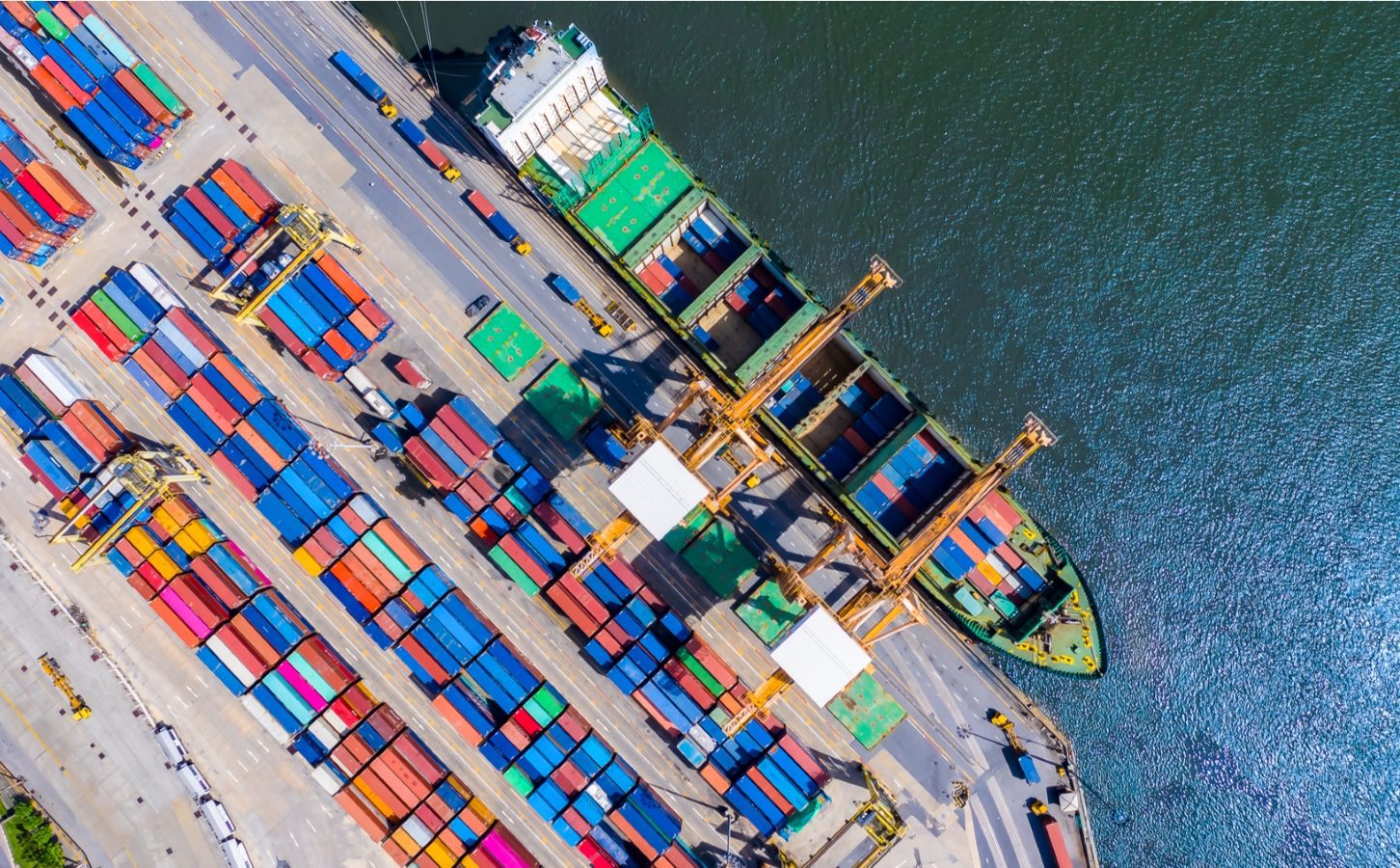For all the hype surrounding blockchain, the digital ledger technology is still mostly associated with cryptocurrencies like Bitcoin. Practical, real-world use cases beyond decentralised finance remain scarce. But one area where blockchain has been showing promise is in supply chains.
“All the hype and froth around crypto can be a real distraction to the rather boring real-world use cases in things like supply chains,” says Doug Johnson-Poensgen, CEO and founder of Circulor, a company using blockchain technology to trace materials as they move from one place to another.
Founded in 2017, Circulor began by looking at the responsible sourcing of cobalt and lithium-ion batteries in the electric vehicle battery supply chain.
“That sounds quite niche, but I’m a believer that you’ve got to demonstrate you got to win the right to do things specifically and you can expand from there,” Johnson-Poensgen tells UKTN.
Circulor has since expanded into other materials in industry supply chains, offering full battery projects that show where raw materials have come from – along with carbon footprint data for car manufacturers.
Investors have bought into this use case for blockchain. Circulor has raised a total of $45m (£36.7m) from venture capitalists, with $25m of that coming in a Series B round this week. It follows Circulor’s $14m Series A funding round in June last year.
How does Circulor work?
Blockchain is a distributed ledger that is maintained by a network of computers. Once information is added to that ledger it cannot be erased or changed, which is a large part of the appeal of blockchain in supply chains.
Circulor’s platform sees a material tracked at each stage of its journey and logged on the company’s private, permission-based blockchain – essentially a database that cannot be tampered with.
“What we’re doing is effectively creating a digital thread that follows that material on its journey,” says Johnson-Poensgen.
Instead of “following the paperwork as a proxy”, Circulor says it tags and tracks the material itself. This involves each participant in the supply chain gathering data on the mineral or material – weight, mass balance, location, and elapsed time – and logging it on Circulor’s blockchain.
But what happens if a mistake is made on the immutable ledger? Circulor says it uses a combination of technologies – including traditional databases, blockchain and business logic – which means that “anomalies can be flagged for further verification and validation to help target compliance and investigative action”.

For now, Circulor is focused on raw materials, with many of its customers hailing from the automotive sector.
“Tracking raw materials such as lithium is not the same as, say, following the journey of a strawberry – a strawberry will undoubtedly stay the same from when it grows in the field, to when it lands on the plate,” explains Johnson-Poensgen.
“Circulor’s technology, in comparison, can track the material as it changes state from the raw material that comes out of the ground to the final product.”
It can also let companies measure the CO2 emissions produced at each stage in a manufacturing of a product – a key aspect of environmental, social, and governance (ESG) metrics.
Manufacturers can view all this information via Circulor’s enterprise software as a service platform.
Who is using Circulor?
The company already counts the likes of automotive manufacturers Volvo Cars, Polestar, BHP, TotalEnergies, Jaguar Land Rover and others among its customers.
In a project with Jaguar, the carmaker used Circulor to improve transparency on the leather used in its cars. Volvo has used the platform to provide a carbon footprint for batteries – now a requirement under European regulations.
“Car manufacturers will want to show you and I when we buy a vehicle that their claim of doing responsible business or having produced a net-zero vehicle actually has some substance behind it,” says Johnson-Poensgen.
However, Johnson-Poensgen said that the software could be applied to any product if the economics made sense.
“The key to improving the integrity of supply chains is first making them transparent and accountable,” says Johnson-Poensgen. “Circulor’s system enables its customers to have full visibility into what is really happening in their supplier network.
“From there, they can assess the activity they’re seeing, including the risk to their business, its current status or potential anomalies, and from there make decisions to improve the network’s quality, especially to mitigate exposure to corporate risks and ensure the company is on track to meeting its ESG targets.”
The company, which was recently named a “Technology Pioneer” by the World Economic Forum, has offices in Singapore, Germany, London and the US. Following its Series B round, it has set its sights on US expansion.
Amid the market downturn that has sparked questions over many blockchain-based projects, Circulor remains focused on its real-world application.
“As a distributed ledger technology, blockchain technology presents itself as a means to tighten bonds between organisations and their customers by providing more data integrity, security, and transparency for its services,” says Johnson-Poensgen. “It links the players together and tightens the bond.
“As a result, you have valuable progress towards transparent, responsible and sustainable supply chains.”

